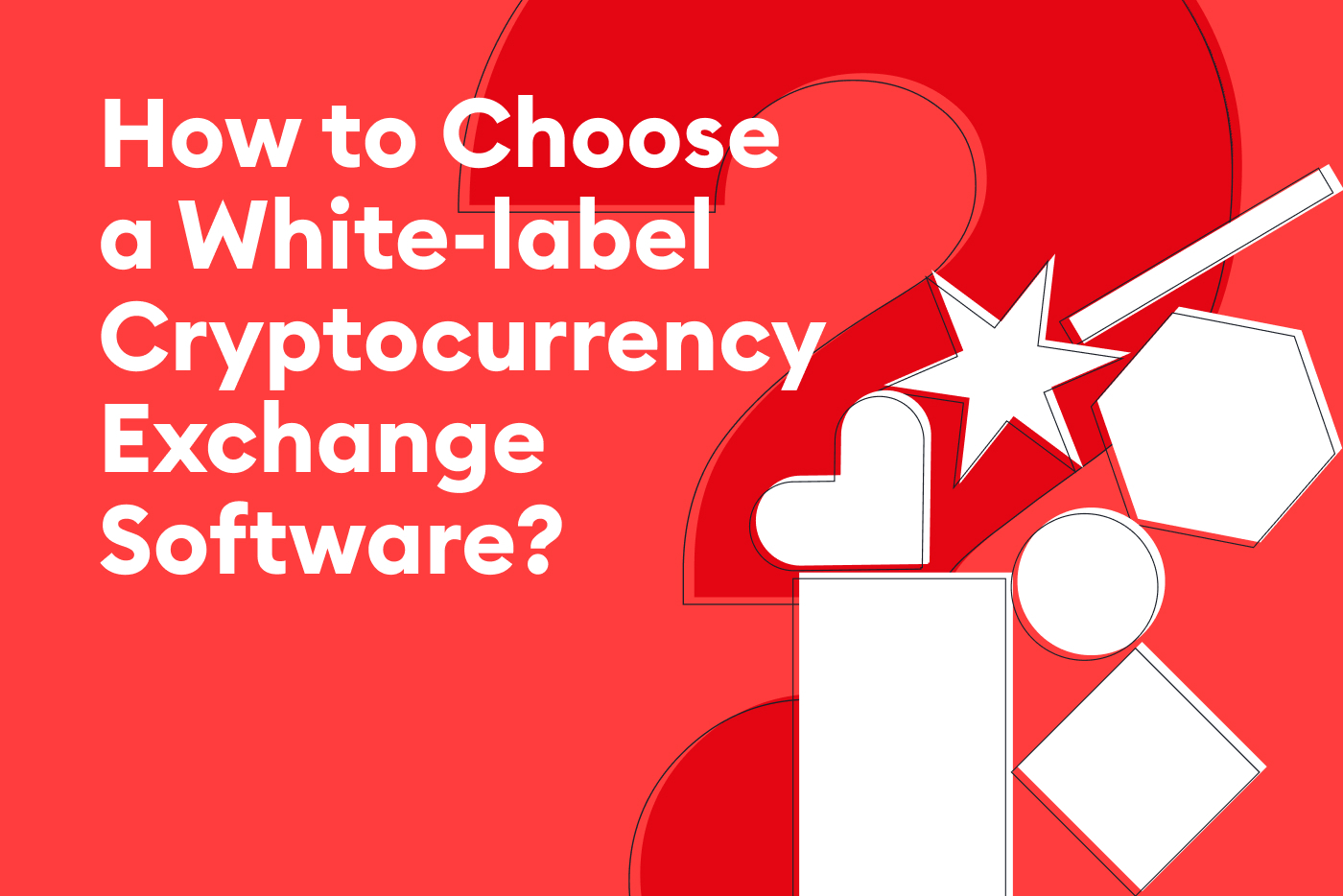
Entering the digital asset world can be an exciting but intimidating journey. There is a lot of information and seemingly complex subjects that need to be grasped in order to avoid making certain mistakes. With all the stories going around about investors losing millions as they misplace keys or get locked out of their wallets, we decided to share the 5 most common mistakes in handling your cryptocurrency wallet. These have been selected based on their significance and how often the mistakes are encountered.
1. Keys, keys, keys. Nowadays, it seems that the word keys is more used than “crypto” itself in the digital assets world. This is both because of its importance and its relative complexity. Far from being as intuitive and easy-to-use as a bank account, cryptocurrency wallets require a degree of research and understanding that can easily dissuade newcomers from entering the space. Losing access to funds or the funds themselves (due to hacking) are the most usual consequences of not storing your private keys (non-custodial wallet seed phrase) or your password (custodial) correctly [1]. Currently, over 3.7 million Bitcoin (out of the 18.5 million already minted) are lost, burned, or inaccessible. In the latest of several cases, a programmer lost his keys (and access) to over 7,000 Bitcoin, worth approximately US$ 220 million [2][3]. While you may not choose to go as far as the Winklevoss brothers did about storing their key, there are measures you can take to ensure that your investment is stored safely. Keeping several hard copies of seed phrases and/or passwords secure, as well as not sharing them with anyone (yes, we mean anyone), and limiting the exposure to hot wallets are good benchmark practices for the industry.
2. Storing cryptocurrency in custodial wallets. Despite having a strong, secured password for your custodial wallet, you should know that the displayed funds are actually in possession of the wallet provider all mixed together with other funds. Because of this, they may still be hacked and have nothing to do with your security measures. Having at least one non-custodial wallet for the safekeeping of funds that are not intended to be traded can be what separates you from those who end up losing everything.
3. Wrong transaction input. Just as immutability is one of blockchain’s most revolutionary benefits, it also means that errors are unforgivable. Not triple checking the inputs in a transaction can result in lost funds forever. Recipient’s address, coin/token and blockchain, and transactions’ gas limit and gas price (if decided to be customized) are inputs that can’t be under verified. Not checking details can have you paying a US$ 9,000 transaction fee for a US$ 120 transaction, or even US$ 47,000 fee for a US$ 194 transaction! [4][5]
4. Failing to understand the blockchain trilemma: As in many other aspects, there is a tradeoff in blockchain, and, by association, on the applications built upon it. Industry actors tend to agree that usually blockchains can maximize two out of three main characteristics (scalability, security and decentralization), and understanding the degree, risks and benefits of each one can help avoid unnecessary struggles. Assuming every blockchain has the same security would be a fallacy, and a costly one; while scalability focuses on the upside (how much the network can grow and sustain itself as it does), security focuses on preventing the downside. Therefore, deciding to transact on a blockchain because of its relative speed but that may have security breaches can ultimately defeat its purpose [6].
5. Other security considerations: Other not-so-obvious errors include using public Wi-Fi networks, falling for crypto scams, utilizing wallets with lots of functionalities (built in exchanges, staking, etc.) but with low security, among others. The reality is that you can never be too careful when it comes to keeping your wallet, and investments, safe.
As a life concept, we always advocate for diversification. Diversification in the wallets and exchanges we use, on the type of assets we hold, and on the teams we trust with our funds [7]. Doing your own research on each participant you interact with (exchanges, wallets, etc.) can -and will- make the difference. As users and investors of digital asset wallets, you can take certain precautions in order to avoid the mistakes outlined above, but you cannot control everything.
In the same way, exchange and wallet operators have the responsibility to provide a safe place to transact, invest and store digital assets. Scalable and Lumi take this responsibility very seriously and are dedicated to providing the technology needed for secure, user-friendly white label wallets, without compromises. If you are looking for a strong team to help build a white label wallet, or are a user who thinks their wallet provider could use an upgrade, point them our way here.
References
[1] For more information on custodial and non-custodial wallets, see our previous article:
“Custodial v Non-Custodial Wallets.” Resources, Scalable Solutions, 9 Nov. 2020, scalablesolutions.io/news/custodial-v-non-custodial-wallets/.
[2] Phillips, Daniel. Lost Bitcoin: 3.7 Million Bitcoin Are Probably Gone Forever. Decrypt, 3 Jan. 2021, decrypt.co/37171/lost-bitcoin-3-7-million-bitcoin-are-probably-gone-forever.
[3] Popper, Nathaniel. Lost Passwords Lock Millionaires Out of Their Bitcoin Fortunes. The New York Times, 12 Jan. 2021, www.nytimes.com/2021/01/12/technology/bitcoin-passwords-wallets-fortunes.html.
[4] Godbole, Omkar. Someone Just Paid a $9,000 Fee for a $120 DeFi Transaction. CoinDesk, 5 Nov. 2020, www.coindesk.com/someone-just-paid-a-9000-fee-for-a-120-defi-transaction.
[5] Gottsegen, Will. Someone Just Made a $47,000 Mistake With Bitcoin. Decrypt, 8 Dec. 2020, decrypt.co/48730/bitcoin-transaction-mistake-47k.
[6] CertiK. “The Blockchain Trilemma: Decentralized, Scalable, and Secure?” Medium, CertiK, 4 Oct. 2019, medium.com/certik/the-blockchain-trilemma-decentralized-scalable-and-secure-e9d8c41a87b3.
[7] Take Ripple’s team for instance, recently charged by the United States SEC for fraudulent actions:
“SEC Charges Ripple and Two Executives with Conducting $1.3 Billion Unregistered Securities Offering.” Sec.gov, 22 Dec. 2020, www.sec.gov/news/press-release/2020-338.
Sources
iB. “How to Keep Your Cryptocurrency Safe: 10 Common Mistakes to Avoid.” Blocks Decoded, 18 June 2020, blocksdecoded.com/cryptocurrency-mistakes/.
Orland, Richard. “6 Mistakes To Avoid When Sending Bitcoins from One Wallet To Another.” Opptrends, 7 Dec. 2020, www.opptrends.com/sending-bitcoins-from-one-wallet-to-another/.

